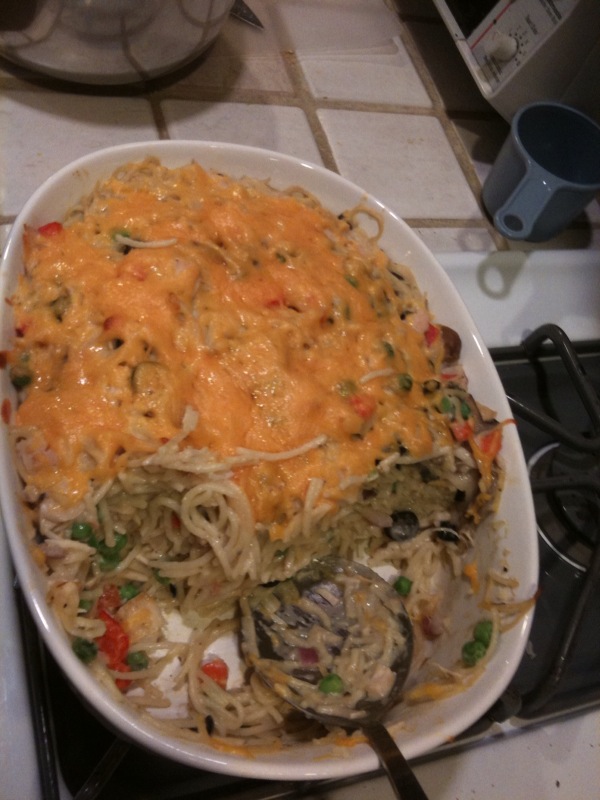Ten Secret Tips for Making Perfect Hard Boiled Eggs
1. Don’t use fresh eggs. Everyone thinks the fresher the eggs the better, but when it comes to hard boiled eggs, you want eggs that are at least a week old. The reason? Really fresh eggs are very difficult to peel.
2. Don’t start with cold eggs. In Europe they often don’t refrigerate eggs at all. The reason? Eggs generally keep well at room temperature. Boiled eggs are a popular breakfast fare in many parts of Europe. If you put a cold egg in boiling water it will crack and the whites will leak out. If you use the refrigerator to store eggs, either take your eggs out of the refrigerator an hour before cooking, or run them under warm tap water to gradually heat them up.
3. Don’t add salt to the water. Salted water boils at a higher temperature which can affect the cooking time of the eggs.
4. Don’t stack eggs in a pan. Cover the eggs with water but make sure the eggs aren’t stacked in your pan. Eggs cooked stacked will cook at different rates so it is best to have one layer only in your pan.
5. Cool cooked eggs in cold water. One of the secrets for great hard boiled eggs is to stop the cooking process at the right time. If you leave the eggs in the hot water they will continue to cook. The easiest thing to do is once the eggs have cooked the appropriate time, place them in a bowl of cold water. This will cool them down for about 10 minutes so you can handle them more easily.
6. Cooked eggs will need refrigeration. Once your eggs are cooked, you will need to keep them chilled until they are eaten. The will keep for a week in the refrigerator.
7. Avoid using eggs with existing cracks. The white matter in eggs can leak out of a cracked shell. When you are putting your eggs into the water to boil, look them over. If any have cracks, set them aside for frying or baking.
8. Cooking times vary by egg size. Depending on the size of the egg, your cooking time will vary. The average medium egg will require about 12 minutes of boiling time. If you use a large egg, plan on cooking it around 15 minutes.
9. Start with cool water. Place eggs in the pan and then add enough cool water to cover the eggs. Put the pan on a burner and warm eggs and water to a boil.
10. Don’t overcook eggs. Once the water is boiling, remove pan from burner and cover. The cooking process starts after the water hits a boil. You don’t let the pan sit on the burner boiling away, you remove it. If you overcook the eggs, you get an ugly greenish tint to the eggs. The green is caused by a reaction between excessive heat and sulfur in the egg white and iron in the yolk.
Steps to boil an egg
1. Put eggs in a pan. Cover the eggs with cool water. Water should be about an inch over the eggs.
2. Put pan with eggs on water on burner. Heat until water reaches boiling.
3. Immediately upon reaching a boil, remove the pan and cover pan. Let the eggs stand in the water to cook. Large eggs require 15 minutes; medium eggs will take about 12 min.
4. Remove eggs and put eggs in bowl of cold water.
5. After about 10 minutes of cooling, refrigerate the eggs.
Egg Related
Ever thought of coloring eggs at other time of the year than Easter? You could make orange hard boiled eggs at Thanksgiving and red ones for Christmas. If you're having friends and relatives in, making hard boiled eggs ahead of time as an option for breakfast can save you time when you're half asleep. Make them more festive by coloring them for the season. Here's an article with ideas for alternating ways to color eggs.
Are you confused by the egg options, cage free, organic, natural? Here's an article that unravels the mysteries of egg labels.
Deviled Eggs. You can't talk about hard boiling eggs without discussing a Deviled Egg recipe. This one is a keeper.




